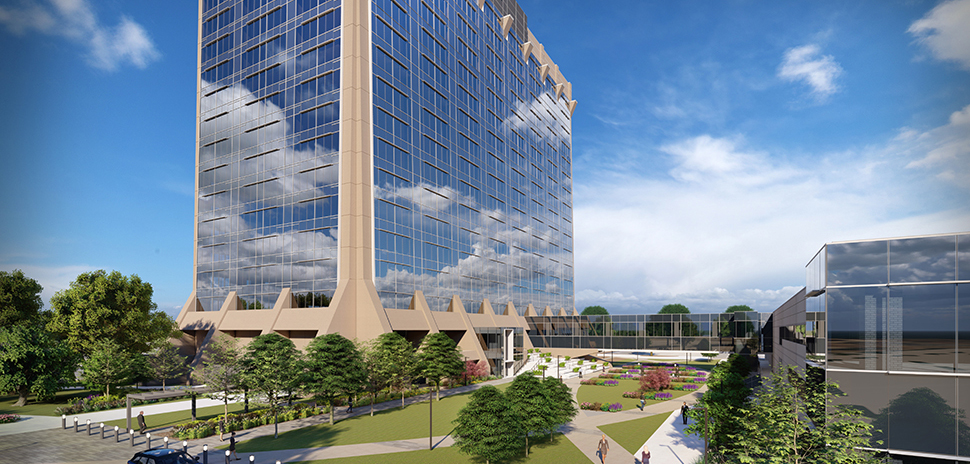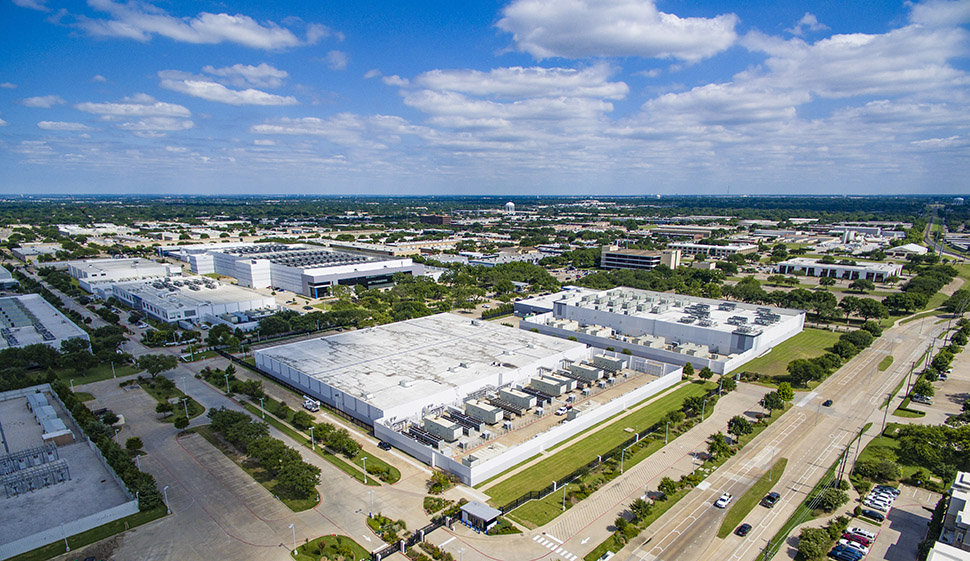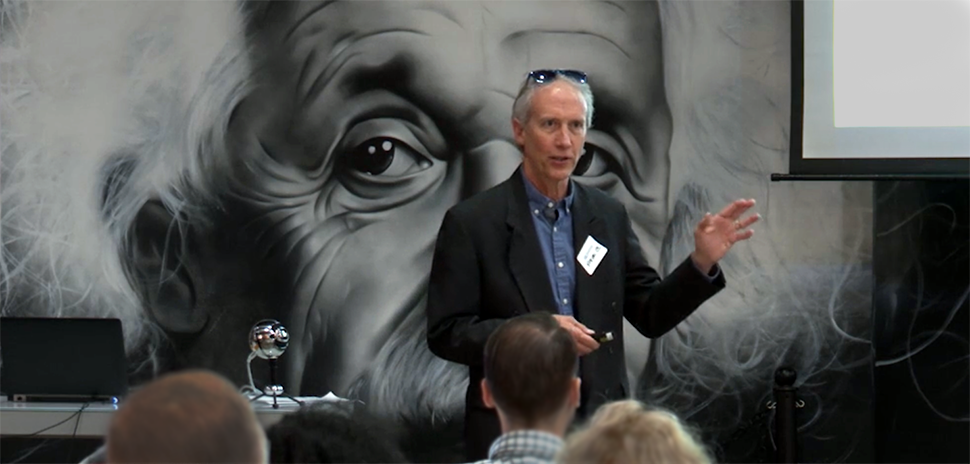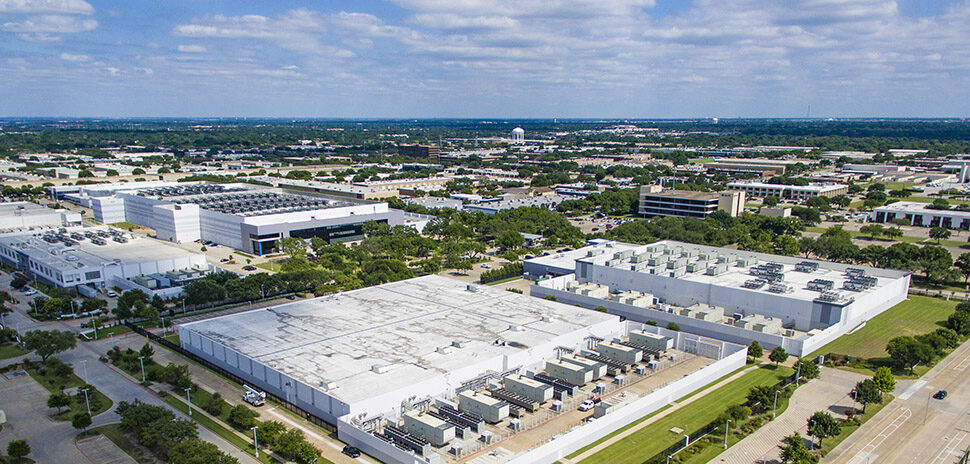With North Texas’ rapidly developing landscape of innovation ecosystems and the global connectivity we already have in place, we have become one of the nation’s leading technology hubs, joining the ranks of long-established and globally recognized urban innovation centers like Seattle and Raleigh/Durham. However, we have a ways to go to catch up to Boston and Silicon Valley.
To realize our full potential will require continued, highly purposeful cross collaboration—from government entities at all levels to the private sector, including the largest corporations, universities, entrepreneurs, and investors.
Dating back to the heyday of Richardson’s Telecom Corridor, North Texas has already achieved some measure of worldwide status as a tech-savvy community with strengths in key legacy sectors like telecom, semiconductors, and IT services—with the opportunity to continue stretching and growing into emerging, hot areas of tech innovation like mobility innovation, life sciences/biotechnology, and AI.

Richardson’s Telecom Corridor in 2017.
Now more than ever, technology innovation is driven by the multi-dimensional collaboration that occurs within mindfully designed, hyper-connected ecosystems that foster shared business development and technology discoveries while enabling both intentional and accidental networking, mentorship, and co-development opportunities.
Our North Texas innovation ecosystems are creating these collaborative conditions that will keep us at the forefront of technology and value creation.
Such carefully cultivated, virtual, hybrid and physically shared spaces allow for easy interaction, connectivity and knowledge-sharing among like-minded businesses and entrepreneurs. Private-public partnerships and institutional partnerships with academia allow for greater combined resources, additional research and development, and a much-needed bigger tech workforce pipeline. All of these are critical elements to achieving the common goal of a thriving tech innovation center.
One great example, the Richardson Innovation Quarter in the heart of the historic Telecom Corridor, is a relatively new, living laboratory dedicated to technology start-ups, corporate research and development, and academic exploration.
Just last month, the City of Richardson and UT Dallas announced a partnership that will place five newly created UT Dallas research centers plus an extension of the university’s Venture Development Center in the midst of The IQ. A fully evolving ecosystem, the Richardson IQ’s 1,200 acres also offer a variety of bike paths and trails, numerous restaurants, shops, and living options as well as onsite access to the DART rail line.
Likewise, the emergent, 23-acre Pegasus Park campus, located in the heart of Dallas’ biomedical district, is an anchor to the Dallas Medical District and includes the recent expansion of UT Southwestern’s Office of Technology Development. The expansion offers flexible lab, training and office spaces focused on fostering entrepreneurial collaboration and signaling the further commercialization of the medical center’s academic research and discoveries.

Pegasus Place [Rendering: GFF]
Other groups are also contributing to the success of North Texas ecosystems like these, providing resources that will enable their staying power. For instance, a recent $10 million workforce development grant awarded to Dallas College by the U.S. Department of Labor will focus on building training programs in cybersecurity, information technology, advanced manufacturing, robotics, and transportation. Known as “Innovative Strategies—One Workforce,” the grant will train up to 4,000 unemployed, underemployed, and vets in transition to feed the North Texas innovation ecosystem workforce pipeline.
Continued, strong engagement from our regional community, academic and business leaders, and their resources will be key to fostering each innovation ecosystem and the rapid development of a truly transformative, region-spanning technology hub.
Companies and individuals interested in participating in the regional innovation ecosystems should take advantage of well-designed and managed programs within each local ecosystem like Health Wildcatters located in downtown Dallas, or the programs of Tech Fort Worth.
Meanwhile, corporations should fund needed research at our area universities with the help of the Texas Research Alliance, a program of the Dallas, Fort Worth, Arlington, and Richardson Chambers of Commerce that I am honored to chair. And North Texas’ wealth of technology and business mavens must offer the guidance and capital support to emerging entrepreneurs within the ecosystem to build on their success, such as what Mark Cuban has done.
A key to success at a faster rate may be the recent passage of the U.S. Competition and Innovation Act in May, which authorizes $10 billion to develop 20 cities into competitive technology hubs. Using the collaborative efforts of key players who help foster our region’s innovation—local governments, universities, corporations, entrepreneurs, and investors—can offer North Texas the opportunity to showcase its technology resources and compete for its share of funding. Federal funding played a role in the early days of well-established technology hubs like Silicon Valley and with an already-flourishing technology ecosystem, it could advance North Texas as a leading technology center even quicker.
With a strong push at all levels—from the policymakers, organizations, and individuals with the wherewithal and ideas to make a difference—we know we can put North Texas on the global map as a formidable hotbed for world-changing innovation.

Bill Sproull, president and CEO of Tech Titans
William “Bill” C. Sproull is president and CEO of the Richardson Chamber of Commerce, Tech Titans, and the Richardson Economic Development Partnership (REDP).
Views and opinions expressed by Voices contributors are their own.
Tech Titans is a Dallas Innovates partner organization.
![]()
Get on the list.
Dallas Innovates, every day.
Sign up to keep your eye on what’s new and next in Dallas-Fort Worth, every day.






























